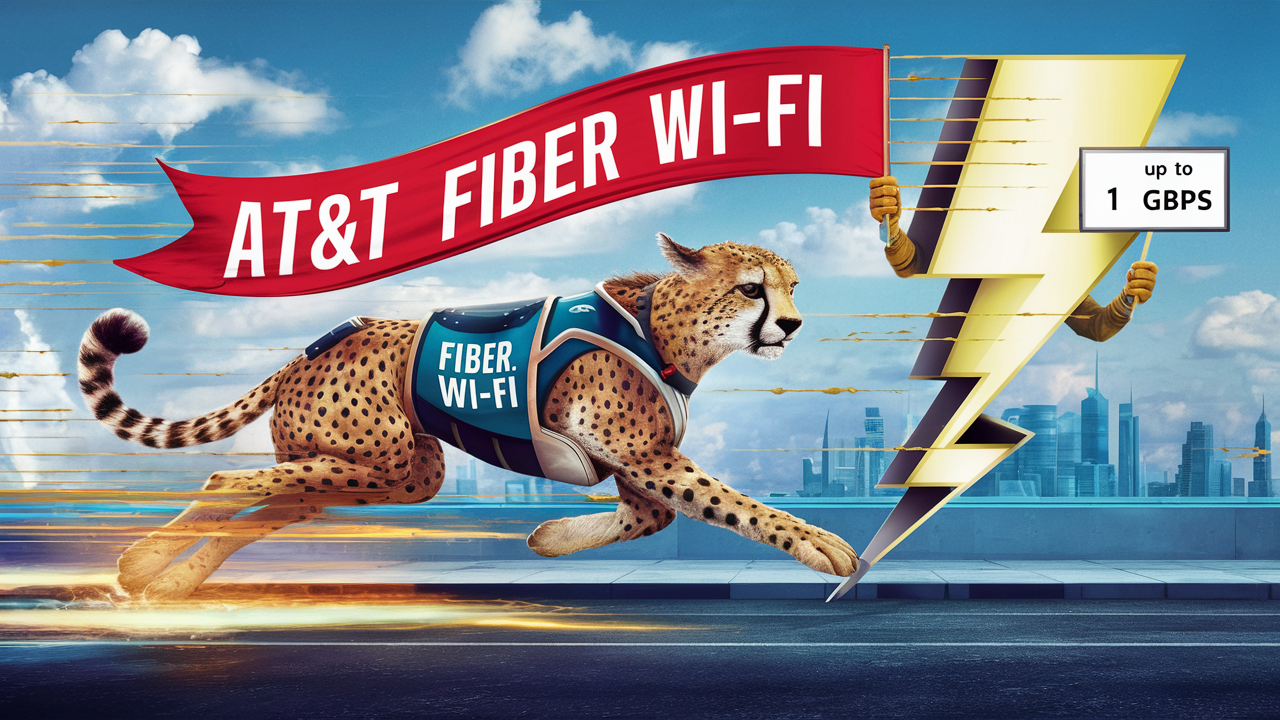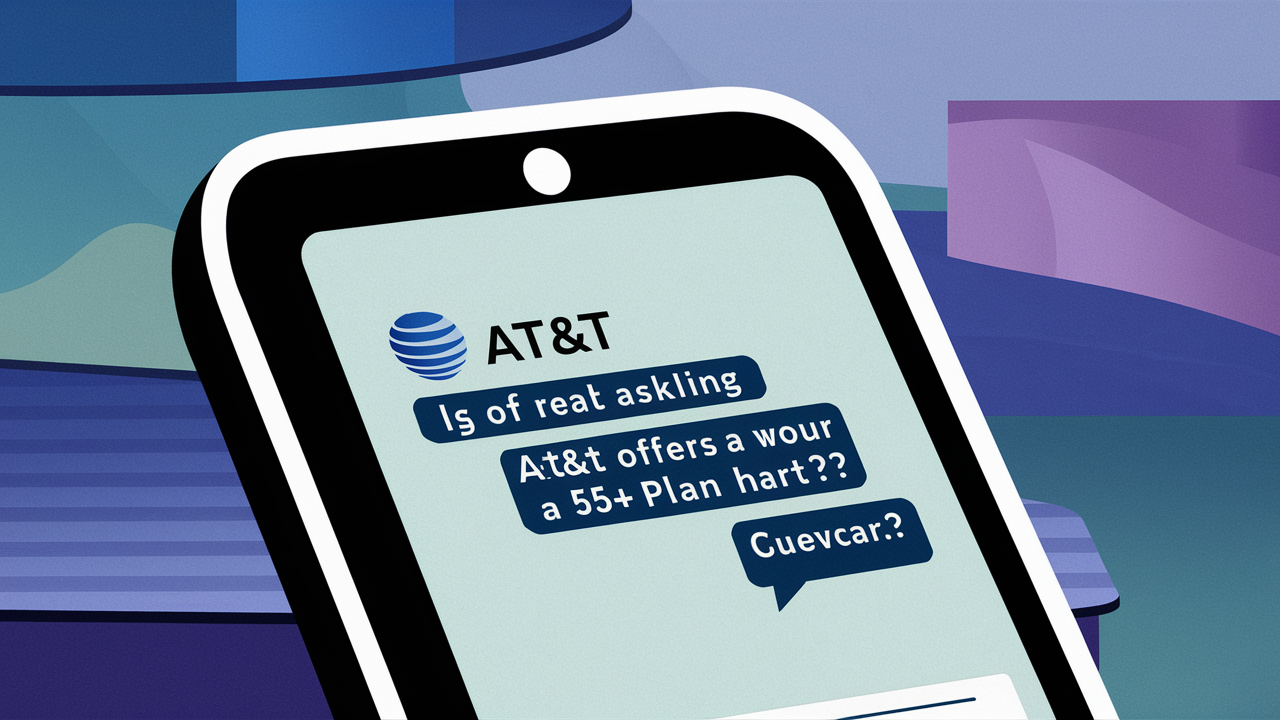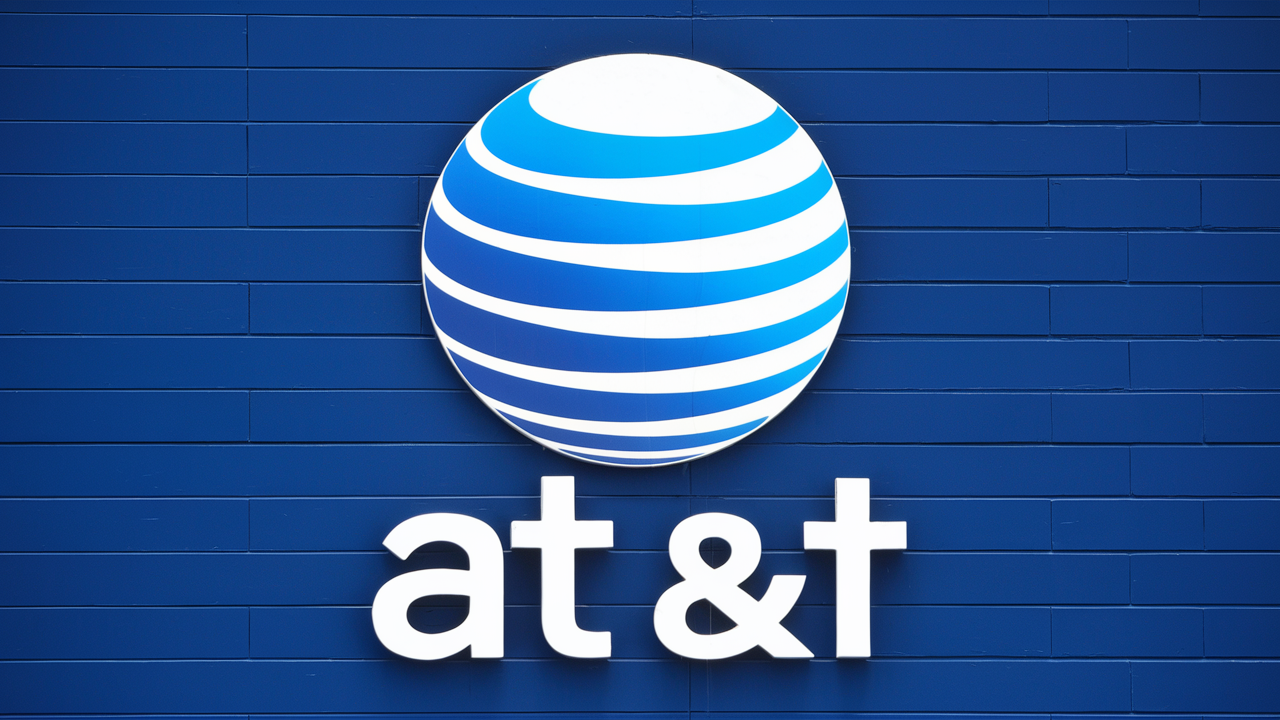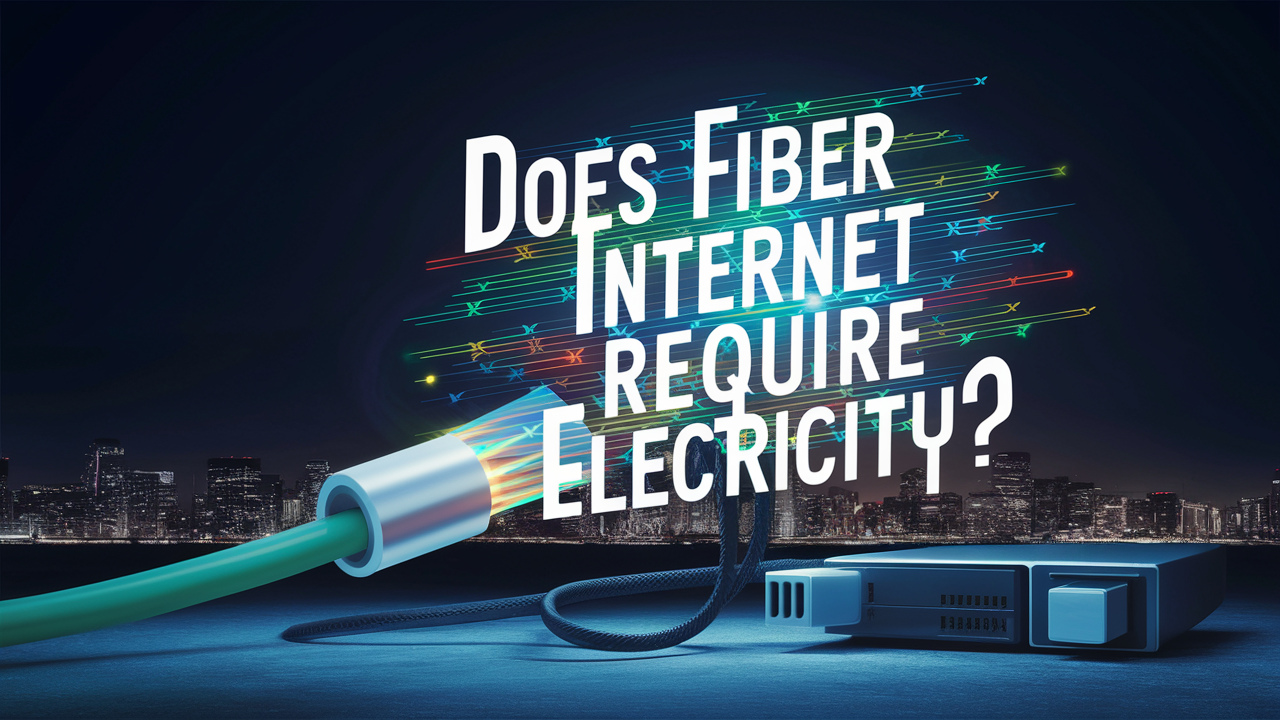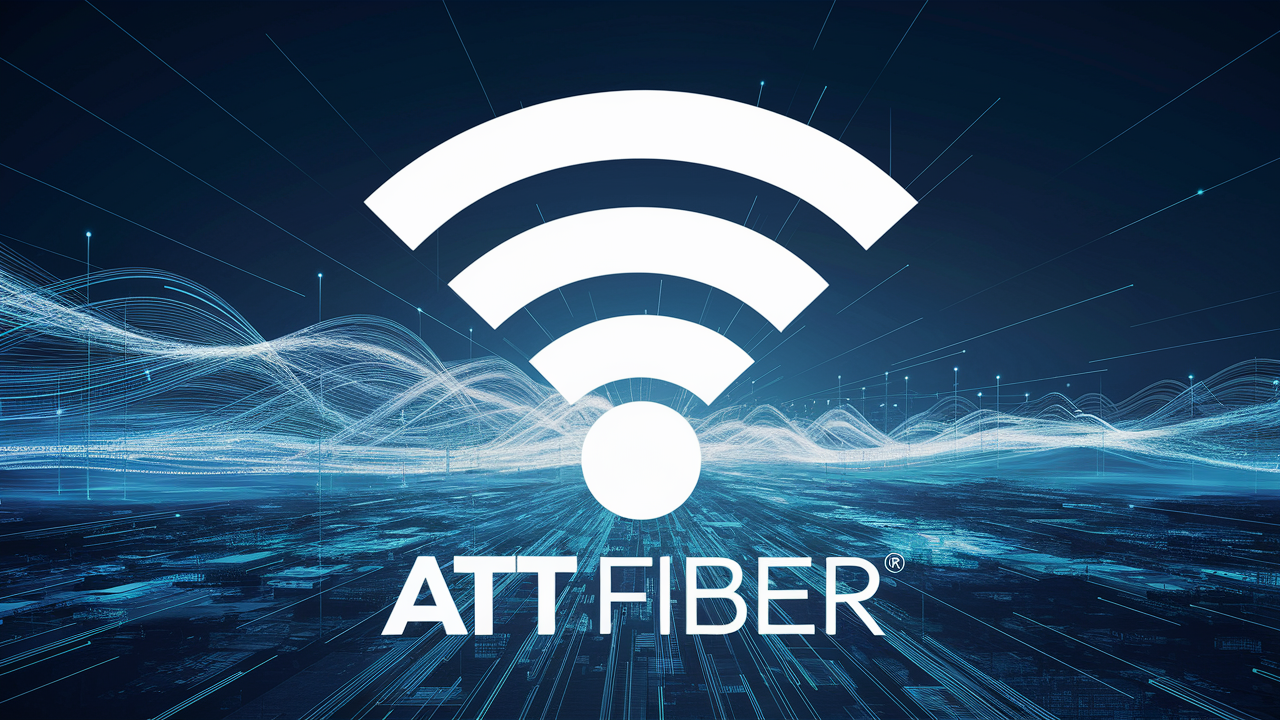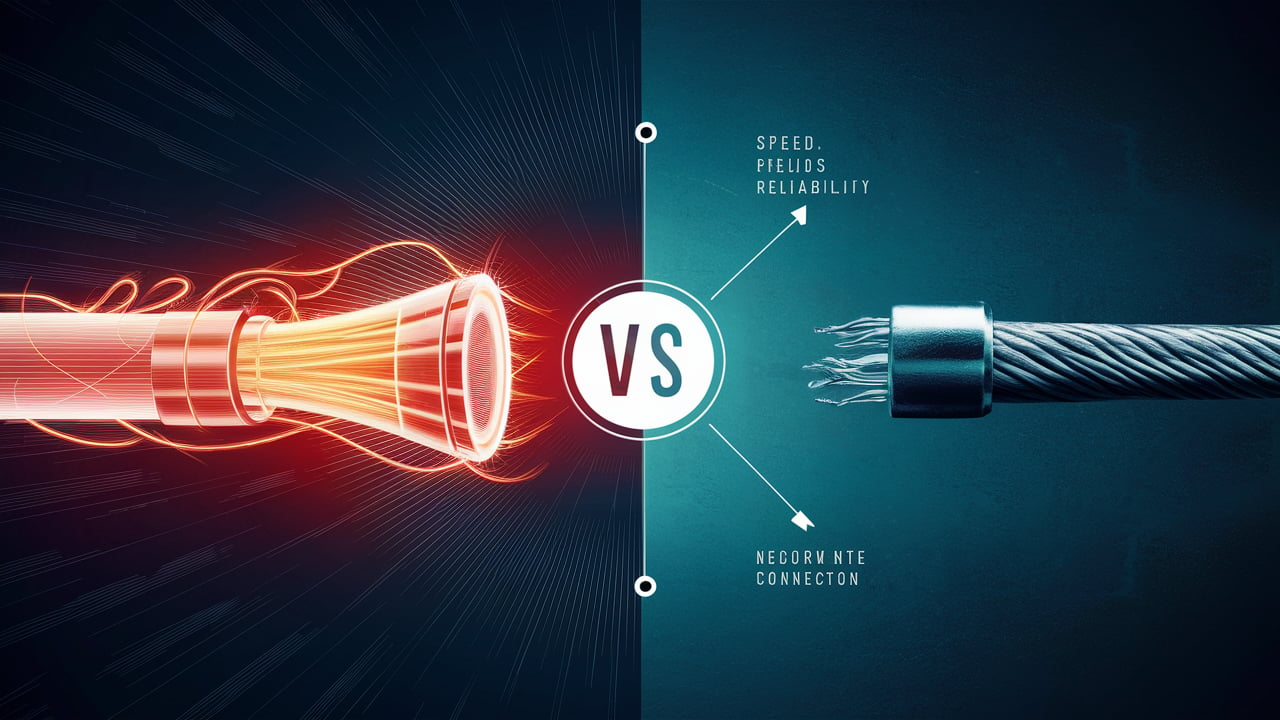
This has basically brought a competition between fiber internet and cable internet. While fiber optic Internet service Provider does seem to have certain benefits relative to cable, is it really the superior option? To help you make an informed decision, let’s analyze the advantages and disadvantages of both solutions in detail.
Speed
So, fiber optic internet is just a faster internet connection than the cable internet connection. Fiber gives both download and upload speeds of up to 1 gigabit whereas cable offers a connection speed of up to 400 Mbps and, in practice, rarely attains these speeds. However, 400 Mbps is still very fast and would be enough for most households, at least for the time being while providers look for ways to increase it.
Reliability
Fiber optic cables are made of glass and its operation utilizes light signals instead of electrical impulses. This makes fiber optic internet less vulnerable to electromagnetic interference or electrical failures. As compared to cable, fiber does not become slower during the time when the neighbors are using the internet the most. Fiber internet is better because it is more accurate in delivering the internet in general.
Latency
Fiber optic networks give the lower latency, which is the time taken by the information to go back and forth. This is especially true due to the fact that light has an even greater speed in fiber than electricity does in copper cables used by cable internet hence fiber transmits data with low latency. The use of fiber internet will in the long run be beneficial to the gamers and the users of video chats in that they will experience a shorter lag time.
Consistency
Fiber optic provides a faster connection for download and upload since the fiber optics are symmetrical in nature, thereby providing equal speeds at all times. Cable internet, in particular, is usually slower in uploading data hence the process of sending data such as files and documents takes longer than downloading. Fiber is the most reliable internet connection when it comes to data transfer as it provides the same speed when uploading or downloading.
Long-term Viability
Fiber optic cables surpass copper cables in capacity by a wide margin. This is further magnified by the increased use of internet for services such as High definition (HD) and 4k video streaming, smart homes, and virtual reality and therefore fiber internet is ready to meet this demand now and in future. Fiber capacity thresholds have not been pushed as far as cable internet, which is already nearing its limits in a number of regions.
Availability
This brings us to what is arguably the biggest strength of cable, namely the fact that it is significantly more accessible. Verizon Fios, AT&T Fiber and municipal fiber optic network remain severely limited while cable internet has more homes passed at the moment. Some of the rural areas do not even have access to fiber optic internet connection at all.
Installation Process
Fiber optic internet connection often needs to be set up by professionals, and the equipment is unique from regular home internet. Cable internet home installation kits are more convenient for service to get activated at the earliest. But, fiber installs interfere less with your property because they make use of existing conduit ways where they exist.
Network Security
Fiber optic networks have a more decentralized architecture and that means there is more protection in that aspect than cable has. As the signaling is encrypted directly at modem, fiber optic networks achieve the aspect of protecting customers from broader security threats in a better way. Getting into a fiber network is more difficult for hackers to do as compared to a wireless network.
Price
It is important to note that for the most part fiber optic internet is slightly more expensive per month at the various speed tiers. There are also, additional costs associated with installation, especially if construction is required in order to string the fiber line. However, fiber providers have promotions and offers such as discounts and bundling offers that counterbalances the costs difference with the cable. While comparing the costs, equipment charges, data threshold, and service contractual terms should also be considered.
The Reality
Fiber optic internet is generally superior to cable internet in almost every aspect; however, this may not hold true in every circumstance. But for now, if you do not have an available schedule or fiber is much more costly in your location, the cable is efficient enough to handle the needs of a household. Before you conclude that it is worth it to upgrade, consider the frequency of usage, your budget, and what the alternatives are.
And it is in regards to availability that fiber optic internet unmistakably stands as the future. However the limitations are ever increasing if aging copper infrastructure used in cable internet is considered. The advantages above demonstrate fiber as the better broadband network technology. However, cable internet continues to be a viable choice where connection requirements are not that high or fibre connectivity is still an issue. It should be used as a reference when making a decision.
Call (844) 905-5001 to get a new AT&T connection now!
Read More:
Is HBO Max included in ATT fiber?
Do you get Netflix free with AT&T?
Do you need a cable box for AT&T TV?
Does fiber internet need a phone line?
Does AT&T fiber come with a router?
